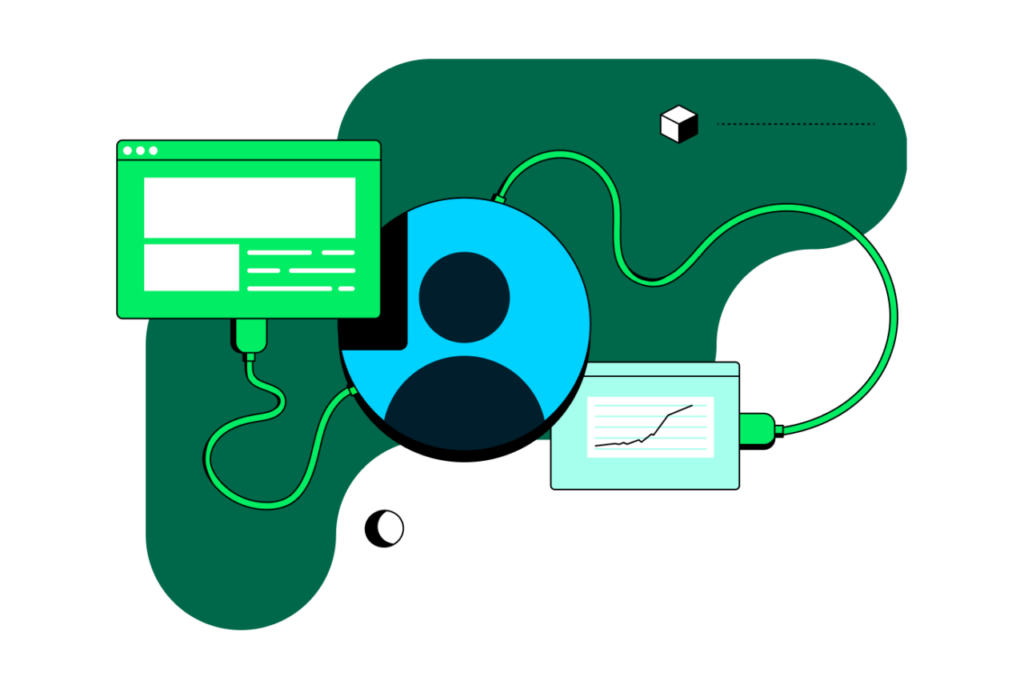Nokia’s home Wi-Fi connectivity cloud platform was launched in 2019 as the Nokia WiFi Cloud Controller (NWCC). In 2023, it was renamed and relaunched as the Corteca Home Controller, becoming part of the Corteca software suite that delivers smarter broadband for a better experience. The Corteca Home Controller can be hosted on Amazon Web Services, Google Cloud, or Microsoft Azure, and is the industry’s first platform to support three management services—device management, Wi-Fi management, and application management. Supporting TR-369 (a standardized remote device management protocol) also allows the Home Controller to work in a multi-vendor environment, managing both Nokia broadband devices and third-party broadband devices.
By solving connectivity issues before the end-user detects them, and by automatically optimizing Wi-Fi performance, the Home Controller helps deliver excellent customer experiences to millions of users, 24/7.
During the five years that Nokia Corteca has been a MongoDB Atlas customer, the Home Controller has successfully scaled from 500,000 devices to over 4.5 million. There are now 75 telecommunications customers of Home Controller spread across all regions of the globe.
Having the stability, efficiency, and performance to scale
Nokia Corteca’s solution is end-to-end, from applications embedded in the device, through the home, and into the cloud. Algorithms assess data extracted from home networks, based on which performance parameters automatically adjust as needed—changing Wi-Fi channels to avoid network interference, for example—thereby ensuring zero downtime.
The Home Controller processes real-time data sent from millions of devices, generating massive volumes of data. With a cloud optimization team tasked with deploying the solution across the globe to ever more customers, the Home Controller needed to store and manage its vast dataset and to onboard new telecommunication organizations more easily without incurring any downtime. Prior to Nokia Corteca moving to MongoDB Atlas, its legacy relational database lacked stability and required both admin and application teams to manage operations.
A flexible model with time series capabilities
That’s where MongoDB Atlas came in. Nokia was familiar with the MongoDB Atlas database platform, having already worked with it as part of a previous company acquisition and solution integration. As Nokia’s development team had direct experience with the scalability, manageability, and ease of use offered by MongoDB Atlas, they knew it had the potential to address the Home Controller’s technical and business requirements.
There was another key element: Nokia wanted to store time-series data—a sequence of data points in which insights are gained by analyzing changes over time. MongoDB Atlas has the unique ability to store operational and time series data in parallel and provides robust querying capabilities on that data.
Other advantages include MongoDB’s flexible schema, which helps developers store data to match the application’s needs and adapt as data changes over time. MongoDB Atlas also provides features such as Performance Advisor that monitors the performance of the database and makes intelligent recommendations to optimize and improve the performance and resource consumption
Fast real time data browsing and scalability made easy
Previously, scaling the database had been time-consuming and manual. With MongoDB Atlas, the team can easily scale up as demand increases with very little effort and no downtime. This also means it is much more straightforward to add new clients, such as large telecommunications companies.
Having started with 100GB of data, the team now has more than 1.3 terabytes, and can increase the disc space in a fraction of a second, positioning the team to be able to scale with the business.
As the Home Controller grows and onboards more telcos, the team anticipates a strengthening relationship with MongoDB.
“We have a very good relationship with the MongoDB team,†said Jaisankar Gunasekaran, Head of Cloud Hosting and Operations at Nokia. “One of the main advantages is their local presence—they’re accessible, they’re friendly, and they’re experts. It makes our lives easier and lets us concentrate on our products and solutions.â€
To learn more about how MongoDB can help drive innovation and capture customer imaginations, check out our MongoDB for Telecommunications page.
Source: Read More


